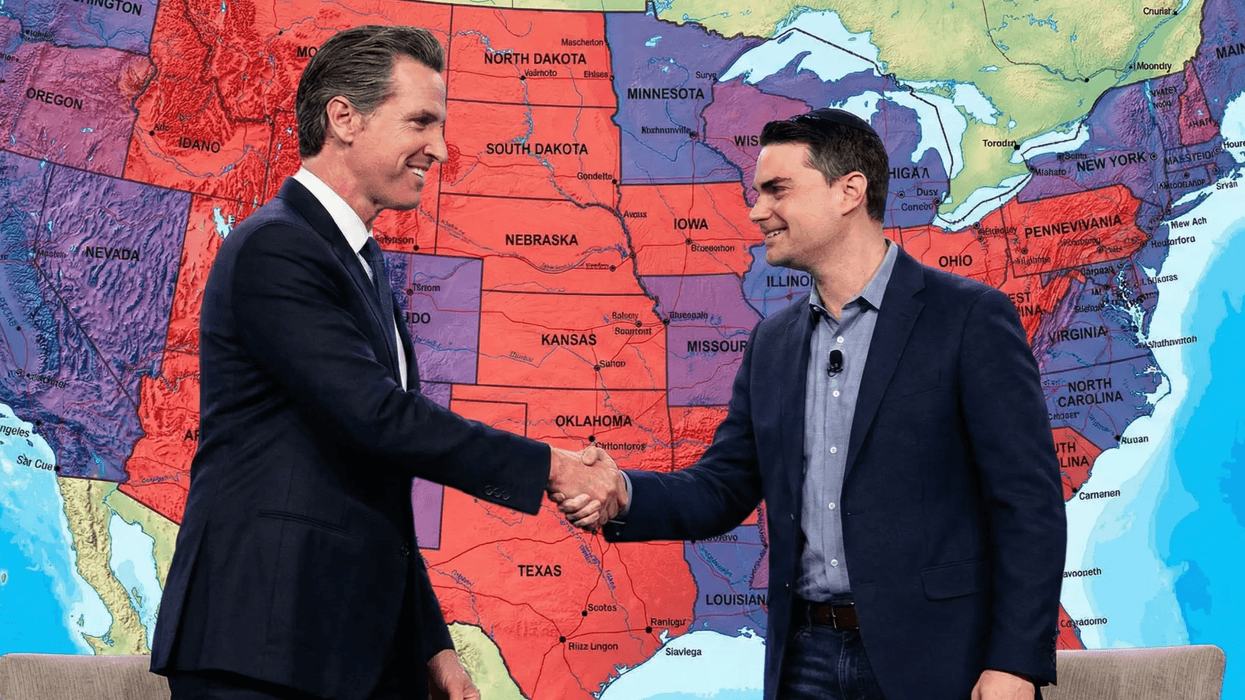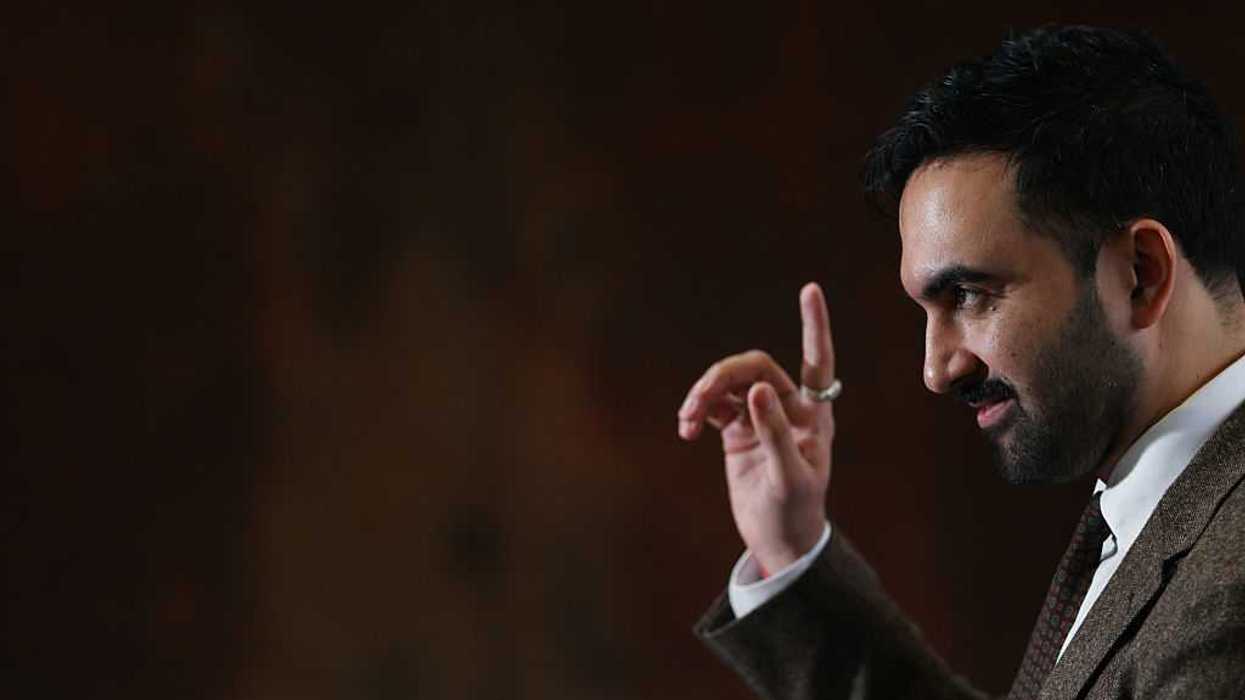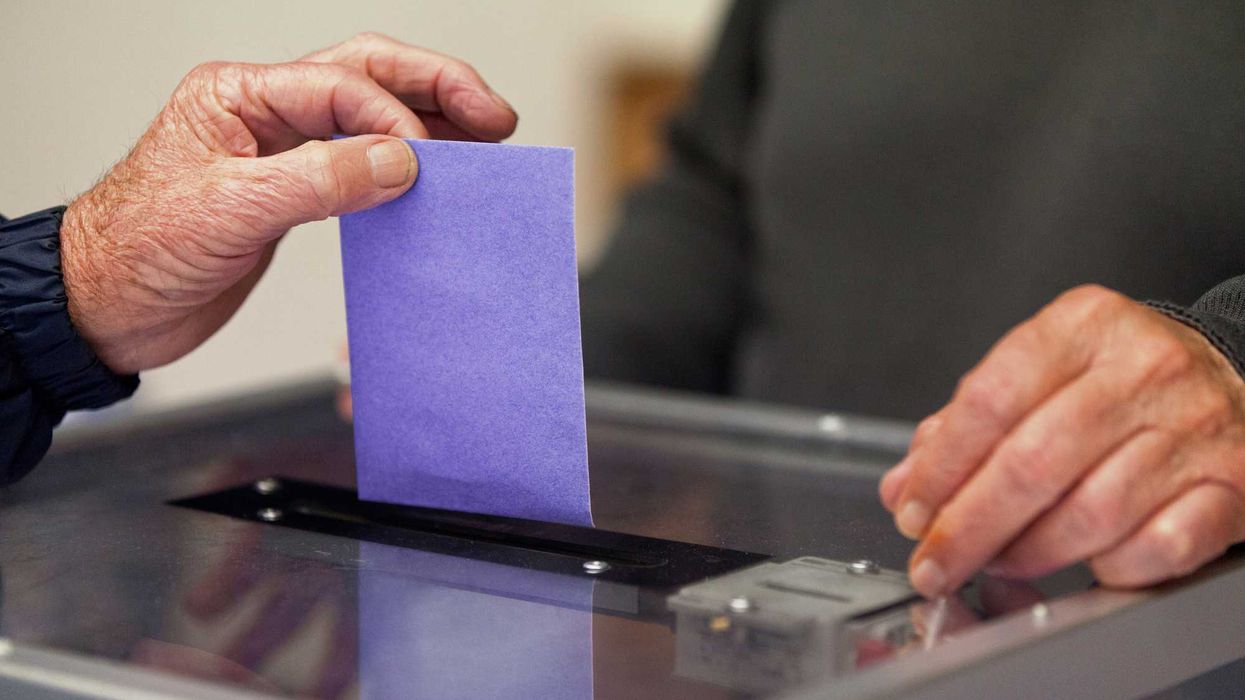Sturner, the author of “ Fairness Matters,” is the managing partner of Entourage Effect Capital.
This is the second entry in the “ Fairness Matters ” series, examining structural problems with the current political systems, critical policies issues that are going unaddressed and the state of the 2024 election.
Back in April 2023, I wrote “ It’s time to act,” wherein I quoted Winston Churchill saying, “You can always count on the Americans to do the right thing, after they have exhausted all the other possibilities.”
In a January 2024 interview with the Financial Times, the 55th speaker of the House of Representatives, Kevin McCarthy, referenced the quote above when discussing modern day Republican legislators (who had just voted him out of the speakership). He concluded: “ We're just exhausting our options. ”
The horrific assassination attempt on former President Donald Trump is a wake up call. Even before the attack, I’ve consistently written that we needed to move past this current state of play and break out of the media narrative that is tearing our country apart.
In June 2023, I wrote about “ Our culture of violence,” where I discussed everything from gun control and the Second Amendment to the rise of political, racial, cultural and religious violence and our neverending wars. I started that article by quoting Shimon Peres’ final work, "No Room for Small Dreams: Courage, Imagination, and the Making of Modern Israel," which he finished writing only weeks before his passing in 2016. Here is a passage from the final chapter.
“ Countries can no longer afford to divide the world into friend and foe. Our foes are now universal poverty and famine, radicalization and terror, these know no borders and threaten all nations and so we must act swiftly to build the bonds of peace to tear down walls built with bitterness and animosity so that we can together confront the challenges and seize the opportunities of a new era. Optimism and naivete are not one and the same. That I am optimistic does not mean I expect a peace of love. I expect simply a peace of necessity. I do not envision a perfect peace, but I believe we can find a peace that allows us to live side-by-side without the threat of violence. ”
Ultimately, we must break ourselves out of our echo chambers, end our partisan allegiances and reject the rank tribalism and political dogma that has defined the last few decades. Until we reject the propaganda and the narratives being pushed on both sides of the aisle, we will never elect common-sense centrist politicians willing and able to construct and implement common-sense centrist strategies in America.
If you’re like me, you were likely shocked by what you saw on social media in the immediate aftermath of the assassination attempt. This was a national tragedy that should unite us. Instead, we were immediately confronted with divisive narratives on both sides raising the specter of further political violence.
Some on the right seemed to be drawing false equivalences between Trump’s actions on Jan. 6, 2021, and what happened Saturday. USA Today reported:
“A number of Republicans are pointing fingers at President Joe Biden after the shooting of former President Donald Trump at a political rally on Saturday, with some citing Biden’s recent statement that ‘it’s time to put Trump in a bullseye.’ … Republicans pounced on Biden's remarks after the shooting, even though there is no evidence tying those comments to the attack on Trump or the shooter's motivation. The man the FBI has identified as the shooter, Thomas Matthew Crooks of Bethel, Pennsylvania, is a registered Republican, according to county voter records. Still, Rep. Mike Collins, R-Ga., shared part of the Biden quote on X and claimed without evidence along that ‘Joe Biden sent the orders.’”
And on the left, conspiracy theories are going viral, even asserting that the attempt was staged. As reported by the BBC:
“As ever, the conspiracy theories sometimes started with legitimate questions and confusion. They centred on alleged security failings, with lots of users understandably asking how this could happen. How did the attacker make it to the roof? Why weren’t they stopped? Into that vacuum rushed a wave of disbelief, speculation and disinformation. ‘It looks very staged,’ read one post on X which racked up a million views. ‘Nobody in the crowd is running or panicking. Nobody in the crowd heard an actual gun. I don’t trust it. I don’t trust him.’”
Do you see how dangerous these narratives can be? As I wrote last week in “ Quite simply, fairness matters ”:
“To regain our footing and build hope for the future, we need to rebuild trust in our political system. … Numerous factors have led us to where we are today, and one of the most damaging is the erosion of the journalism industry. If we intend to restore a sense of unity as a nation, we must transform the media industry in this country.”
It’s critical we wake up and realize that this current "crisis" is not an anomaly. And it was predictable. Sadly, it's human nature.
To quote Ecclesiastes 3 in the King James Bible:
“To every thing there is a season, and a time to every purpose under the heaven.”
As you are likely sensing, our "winter season" is upon us.
In 2023, Neil Howe published "The Fourth Turning Is Here: What the Seasons of History Tell Us About How and When This Crisis Will End." I found it to be a timely refresh of his earlier work. In discussing the seasonality of life, Howe writes poignantly:
“America, along with most of the rest of the modern world, is demoralized and confused. Multiple indexes of global unhappiness have surged over the last 15 years. It is not hardship that causes this misery, but hardship without purpose. We feel disconnected in space from our broader communities. We also feel disconnected in time from our parents and our children. Linear history, which ties us to an incessant desire for novelty and progress, destroys the bond between us and those who came before us, and we fully expect it must do the same between us and those who will come after us.”
Very poignant when you consider that while times do change, things do often remain the same. At least where human nature is involved. As William Faulkner wrote, “The past is never dead. It's not even the past.”
So this is, in part, why I decided to write “ Fairness Matters ” last year — and I invite you to join me. Together, I believe we can develop a common understanding of the history that brought us to the precipice of a second Civil War and work to fix a broken political system that has become a major barrier to solving nearly every challenge our nation needs to address. To cite Neal Howe, we are in the “Fourth Turning” and how we exit this crisis depends upon all of our leadership. We all have a role to play!
Do you know that the average age of empires, according to the late Sir John Bagot Glubb, is 250 years? Empires always die, often slowly but usually from overreaching in the search for power. The America of 1776 will turn 250 in 2026.
It’s time to act!




















Trump & Hegseth gave Mark Kelly a huge 2028 gift